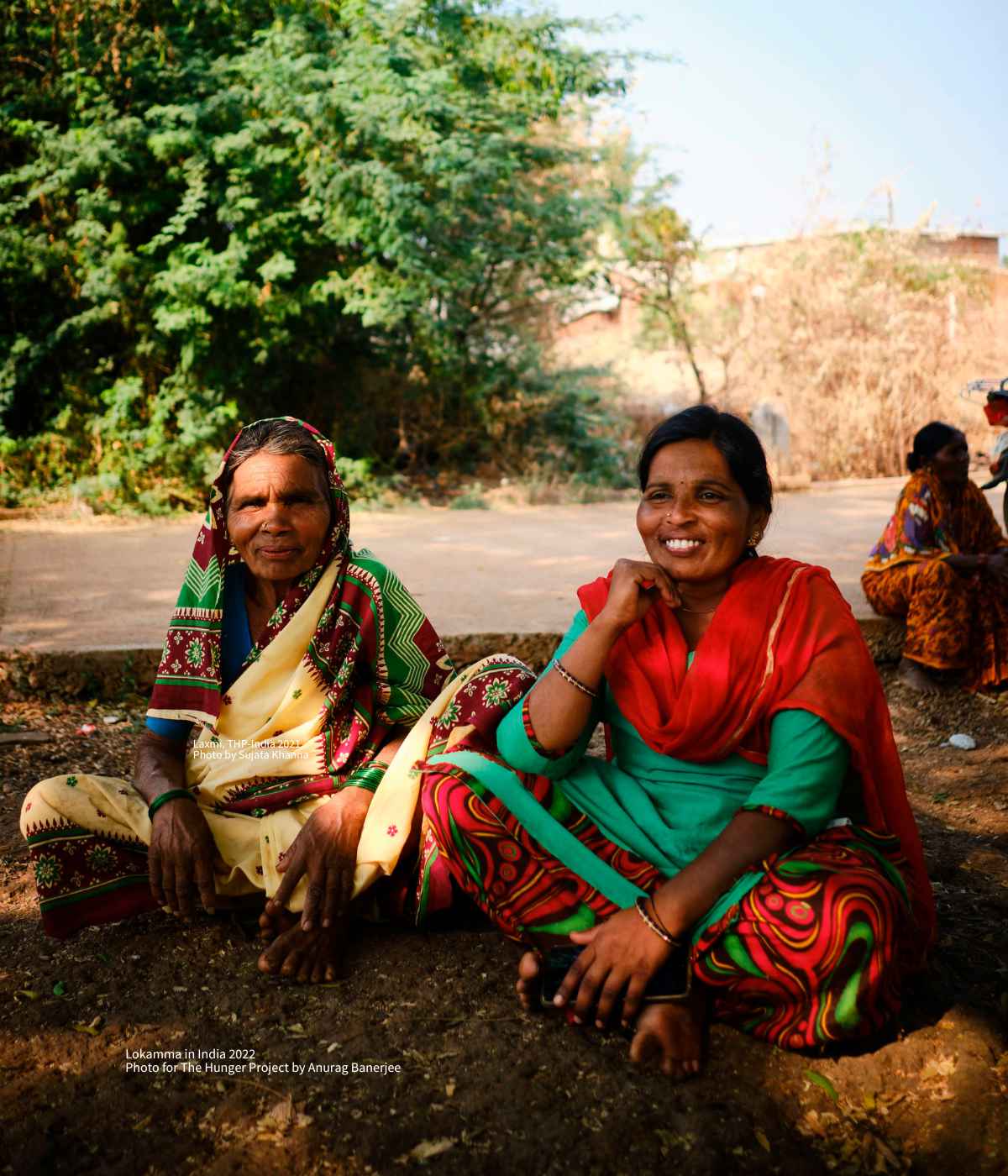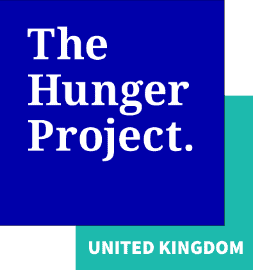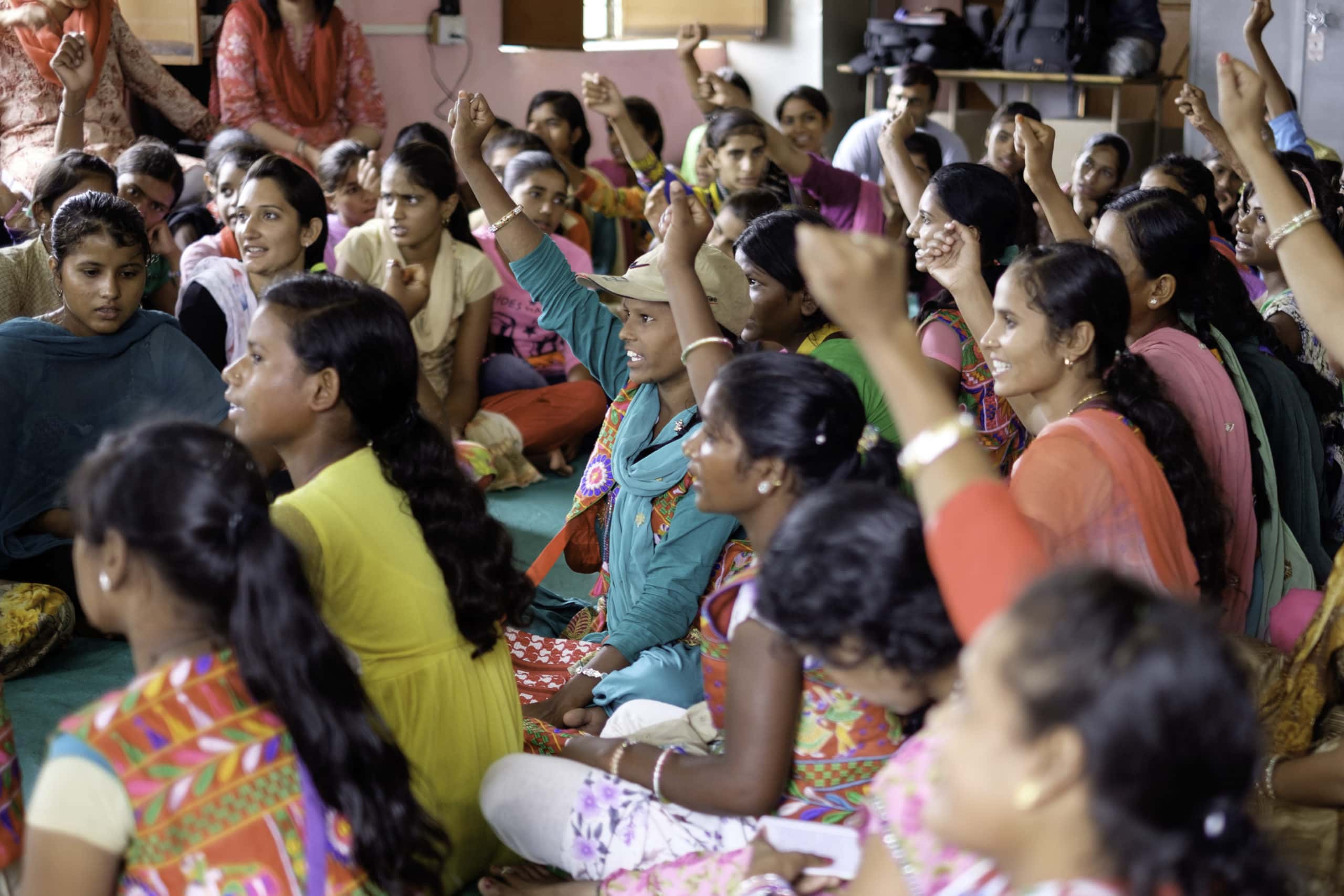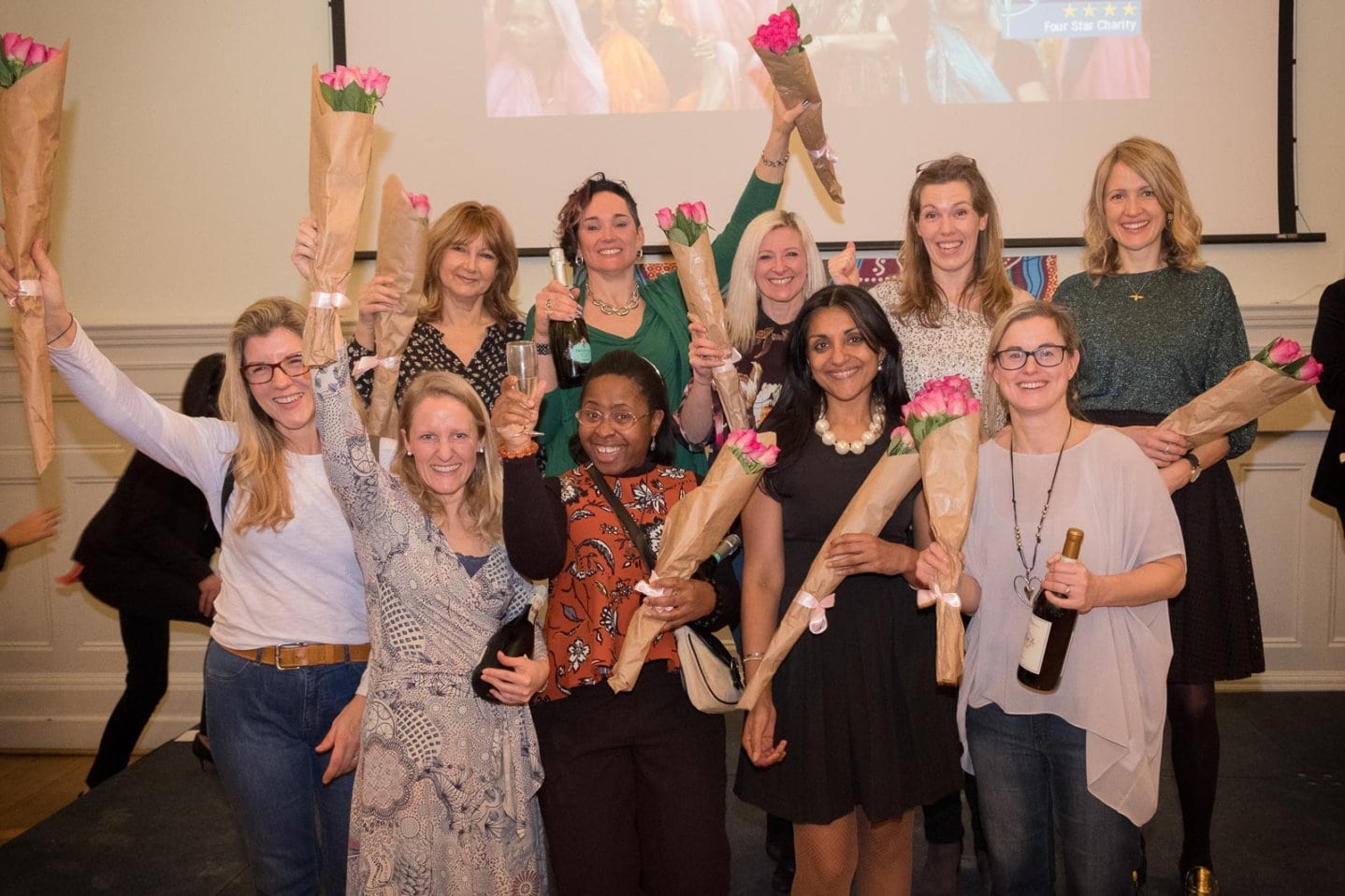A world without hunger is possible.
Help us make it a reality.
Ending hunger starts with people.
Resilience. Courage. Ingenuity. Creativity. People are extraordinary. With your investment, The Hunger Project works with communities to realise their own future, free from hunger and poverty. Together, we make change happen.

783 million people are chronically undernourished.
That’s 1 in 10 people living in hunger and poverty.
Organisations have been attempting to address this issue via top-down, aid-driven models for years. But these don’t work, because they fail to create sustainable, lasting change for the people living in these conditions.
At The Hunger Project, we’re changing the way hunger and poverty is addressed.
783 million people are chronically undernourished
99% of people living in hunger are in low and middle income countries
60% of the world’s hungry people are women and girls
Ending world hunger sustainably.
We’re flipping traditional top-down models on their heads, and breaking the cycle of hunger and poverty by putting the power into the hands of those affected.
We believe the key to ending this cycle is to empower those in the community, breaking the systems that keep hunger and poverty in place. And our 40+ years of work shows us this theory of change is working.
Start with women
When women and girls have the opportunity to be healthy and educated, society as a whole benefits. By empowering women, we can improve agricultural productivity, increase incomes, and address the hunger and poverty cycle with lasting impact.
Mobilise communities
We believe building resilient, self-reliant communities is key to addressing world hunger. We help communities forge effective partnerships with local authorities to drive a community-led approach that works, long-term.
Forge partnerships
A crucial part of our work is empowering people. Over 2 million people have attended our Vision Commitment and Action workshop, with 86% of people now convinced that they can design their own future.
Where we work.
The Hunger Project has a 40+ year track record of standing in partnership with people living in rural communities across Africa, South Asia, and Latin America.
Our impact.
Our education, agricultural, health and microfinance programs empower people around the globe with the skills, knowledge and resources they need to break the cycle of poverty. In 2022 alone, we helped:
PROGRAMME
COUNTRIES
thousand
COMMUNITIES
million
PARTICIPANTS IN VISION, COMMITMENT, ACTION WORKSHOPS
million
PEOPLE REACHED
As seen in…

Get involved.
With your support, The Hunger Project can continue to work with communities to realise their own future, free from hunger and poverty. Together, we can unlock creativity, capacity, and leadership in the people who need it most, and make sustainable change happen.




